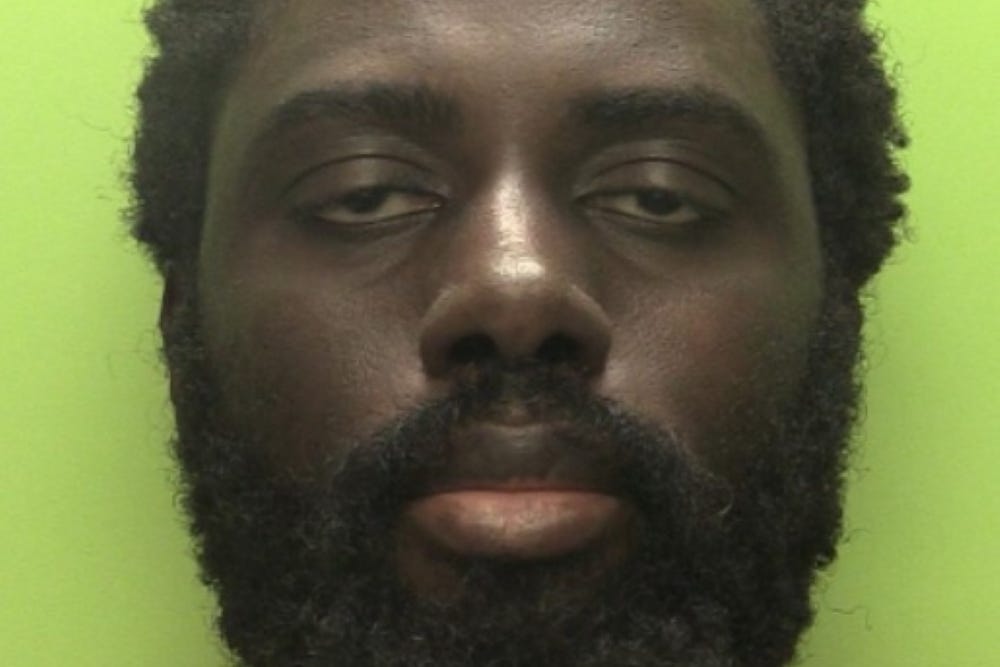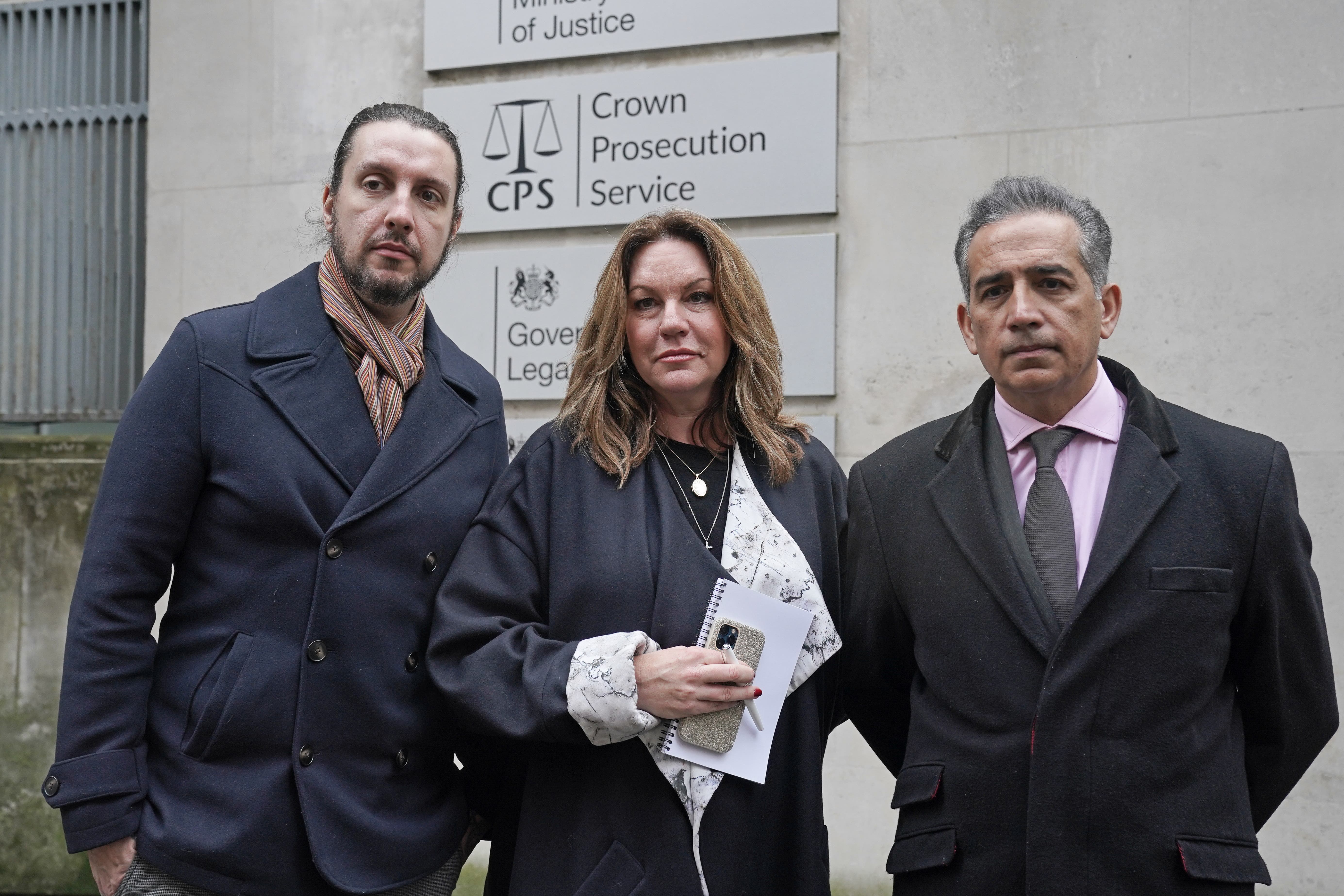Nottingham triple killer should have sentence changed to life imprisonment, court hears
The family of Valdo Calocane’s victims said they had been ‘let down’ by the CPS and police after January’s sentencing
The Nottingham triple killer’s sentence should be changed to life imprisonment after criticism his punishment was “unduly lenient”, the Court of Appeal was told.
Valdo Calocane, 32, took the lives of two students and a caretaker as he embarked on a terrifying knife rampage around the city last June.
Calocane was given an indefinite hospital order for manslaughter in January by reason of diminished responsibility after he stabbed students Barnaby Webber, Grace O’Malley-Kumar, both aged 19, and caretaker Ian Coates, 65, to death.
Prosecutors accepted his pleas after medical evidence showed he has paranoid schizophrenia, however, the sentence was criticised by grieving family members and the public for failing to send him to prison.
Barristers argued on Wednesday that Calocane should instead be given a “hybrid” order, meaning he would be treated in hospital before being transferred to a regular prison to serve the remainder of his sentence.

The seriousness of triple-killer Calocane’s crimes required an “element of punishment” in his sentence, the Court of Appeal heard.
Deanna Heer KC, representing the Attorney General’s Office (AGO), said it was bringing a bid to challenge Calocane’s sentence as “unduly lenient”.
She said: “The exceptional level of seriousness of the offences was such that the case required the imposition of a sentence with a penal element, an element of punishment.”
The AGO added: “Whilst it is accepted that his ability to exercise self-control and form a rational judgment was substantially impaired, he understood the nature of his conduct and that it was wrong, even in the context of his psychotic beliefs.”
It argued that Calocane should receive a life prison sentence as part of a “hybrid” order under Section 45A of the Mental Health Act.
Calocane’s barrister argued that he would not have committed his crimes if he had not been suffering from his mental health condition. Calocane has been suffering from paranoid schizophrenia since 2019 and was formally diagnosed in 2020.

Peter Joyce KC said: “What is plain is that any planning took place under the influence of the psychosis... but for the psychosis, these offences, none of them, would have been committed.”
However, the three judges hearing the bid reserved their judgment until a later date and said they hoped to give their decision within seven days.
Lady chief justice Baroness Carr said: “This has been a short but very effective hearing.
“We are going to reserve our decision and our judgment, but obviously we recognise how extremely distressing this case is for all concerned.
“What we hope to be able to do is to hand down judgment within seven days or so.”
Aspiring medic Miss O’Malley-Kumar and history student Mr Webber had been returning home from a night out celebrating the end of exams when they encountered Calocane at around 4am on 13 June last year.
Family members sobbed in the public gallery at January’s trial as they heard how Miss O’Malley-Kumar had shown “incredible bravery” by defending Mr Webber after he was stabbed with a dagger before Calocane turned his attention towards her.

Witness evidence read to the court described “an awful, blood-curdling scream” as Calocane, dressed all in black, inflicted at least 10 stab wounds on Mr Webber and then 23 separate dagger wounds on Miss O’Malley-Kumar.
After inflicting grave injuries upon them both, he calmly walked away and made his way to Magdala Road, where he violently attacked school caretaker Ian Coates.
The 65-year-old, who was due to retire in five months, was repeatedly stabbed before his Vauxhall van was stolen by Calocane, while he was left to die in the street.
The killer then drove into Nottingham city centre, where he used the van to mow down three pedestrians, who all survived the attack.
He was tasered and arrested a few minutes later after the van was pursued and boxed in by police vehicles.
The sentencing judge, Mr Justice Turner, told Calocane at the city’s crown court that his “sickening crimes” meant he would likely be detained indefinitely in a high-security hospital, “very probably for the rest of your life”.
He also ruled Calocane should be subject to further restrictions if he is ever discharged from hospital, which would need to be approved by the justice secretary or a mental health tribunal.

